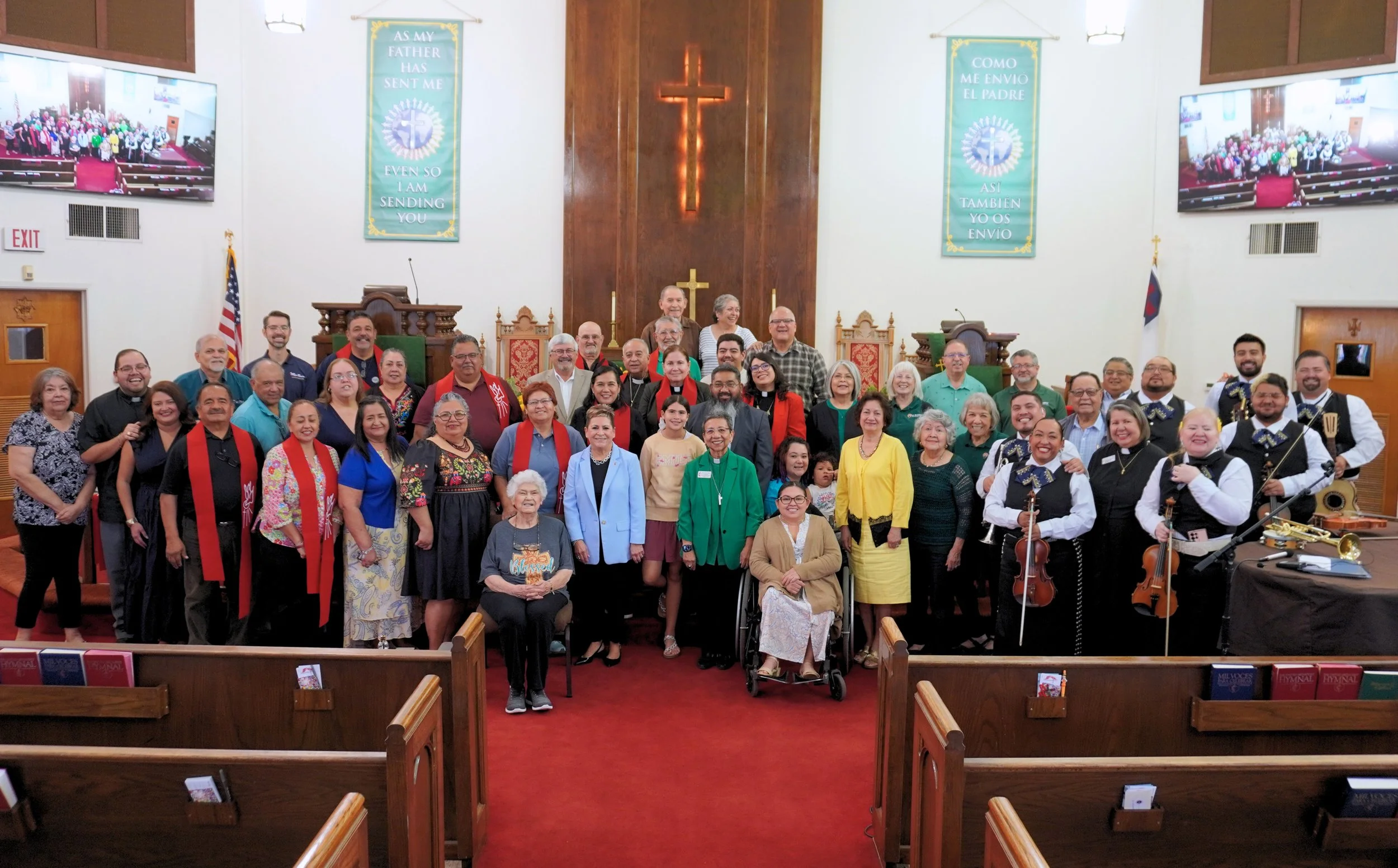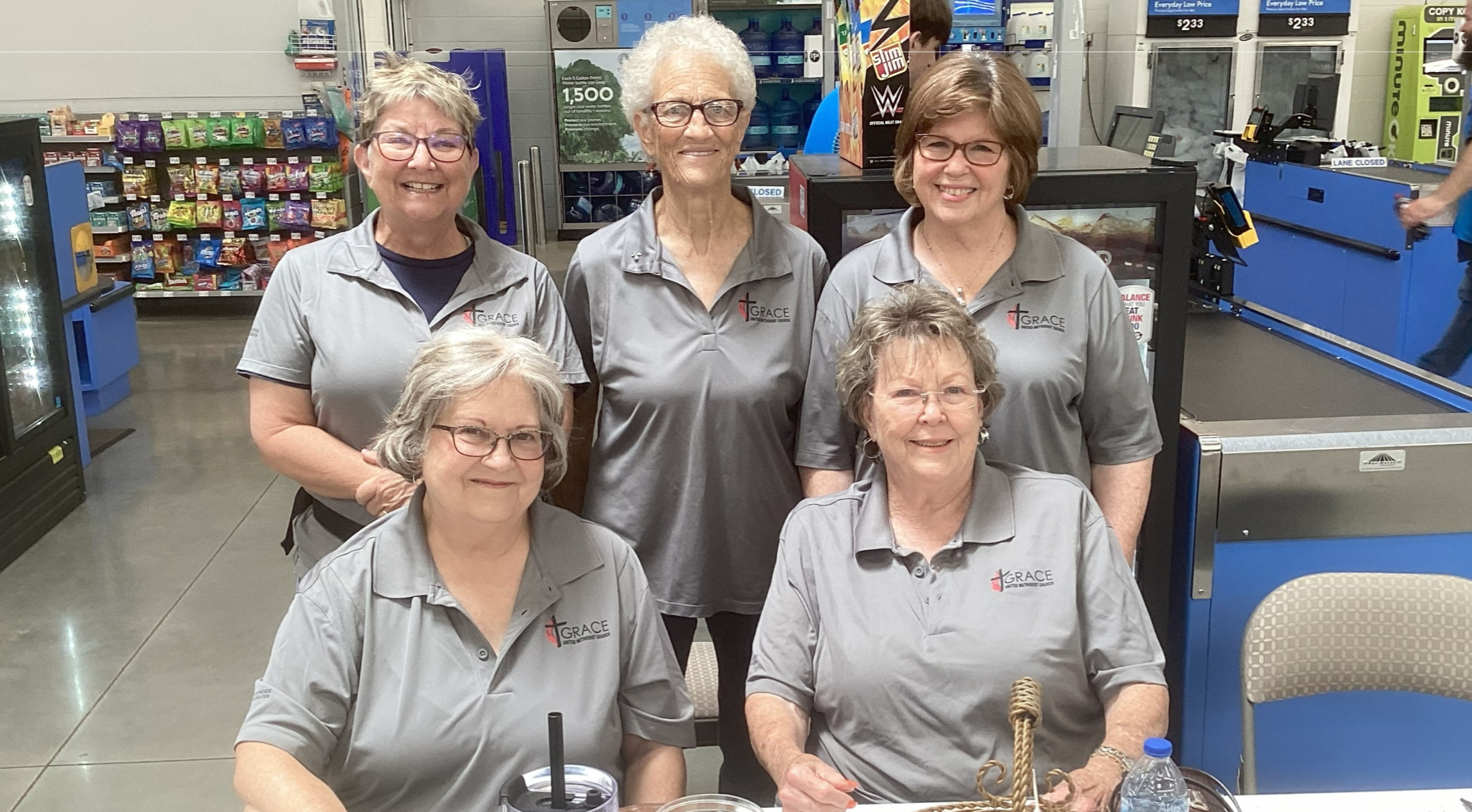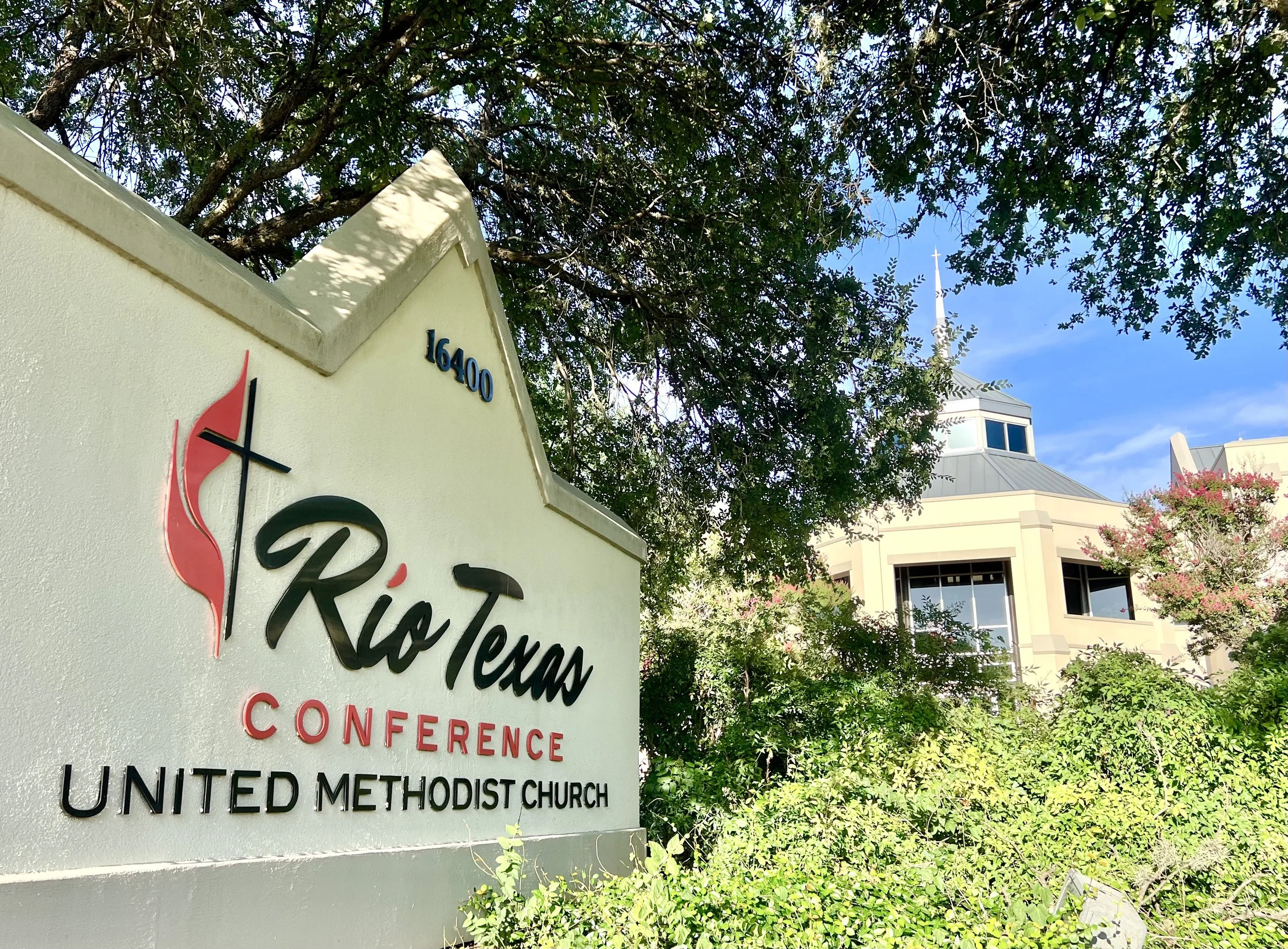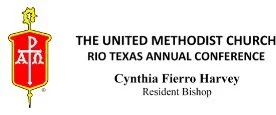So, You Got Your 2022 Apportionment Notice...
/Written by Nan Pyle
Earlier this month the 2022 Apportionment Notices were emailed to the clergy and snail-mailed to the churches. Thank you for your attention to the notices. Marvelous questions have already been asked!
Q: “Where did you get these numbers?”
A: Most of the numbers come from the Local Church Report to the Annual Conference provided by each local church every January. The only numbers that do not come from the Local Church Reports are the Fund Name numbers at the bottom of the page; these numbers are adopted each year at Annual Conference for the conference budget and at District Pre-Conference meetings for the district budgets.
Q: “My church’s finances got hit hard by the pandemic, but apportionments increased. How is that possible?”
A: The apportionment formula uses two-years of your church’s operating expenses, plus the statistics lag behind the calendar-year. The 2022 apportionments are based on operating expenses for 2019 and 2020.
Q: “My church’s operating expenses were almost exactly equal in 2019 and 2020. Why isn’t the apportionment amount the same?”
A: In order to compare 2021 and 2022 apportionments, you have to consider 2018 operating expenses. If 2020 operating expenses are lower or higher than 2018 operating expenses, apportionments will see a decrease or increase.
Q: “The Annual Conference budget is lower in 2022 than 2021. Our expenses have remained steady for several years. Why did our apportionments increase instead of decrease?”
A: There are two factors at play: 1) Your church is one piece of the picture. Other churches have stayed steady with you; while still others have seen volatility in their operating expenses—some decreasing and some increasing. Each church affects every other church; and 2) Churches close, open, merge, or transfer to a different Annual Conference. This change in congregation numbers shifts every church’s portion of the total.
Q: “There is a mistake on my church’s operating expenses for 2019 and/or 2020. How do I fix that mistake so my apportionments can be reduced?”
A: Once the apportionment calculations have been made, the numbers are fixed and there is no way to change the amount apportioned since any adjustment would change every local church’s responsibility. Mistakes on the Local Church Report can be corrected in the spring. Senior Pastors and others who signed the UMCData online data entries received an email in March with the 2020 numbers attached and a request to check those numbers. If I thought something looked like a probable error, that line was specifically mentioned in the email. After the April 30 deadline, it becomes complicated to make a change; although changes are still possible through mid-July. Statistics for this year were locked on July 15 in order for the apportionments to be calculated.
Q: “What?! I didn’t get a 2022 Apportionment Notice!”
A: It is possible that I don’t have your most current email address. It is also possible that I skipped your church accidentally. Please contact me so that you can receive your email.
Thank you for paying your apportionments each year! It is a blessing to see how much ministry the Rio Texas Conference supports through both apportionments and advance giving. Every day I am humbled to witness the giving and compassionate nature of the people of the Rio Texas Conference. I am honored to be in ministry with you.
Written by Nan Pyle





























